Figure Walkthrough A Summary Of Transcription And Translation This figure illustrates the process of protein synthesis and the two stages of protein production transcription and translation Like so many things in biology these processes are simultaneously wonderfully simple and stunningly intricate Protein Production Proteins are fundamental to life on Earth
A summary of transcription and translation Quality 1080p 720p 480p 360p 240p 1080p 720p 480p 360p 240p 192p 1080p 720p 480p 360p 240p Speed 0 5 0 75 Normal 1 25 1 5 Figure 1 A gene is expressed through the processes of transcription and translation During transcription the enzyme RNA polymerase green uses DNA as a template to produce a pre mRNA
Figure Walkthrough A Summary Of Transcription And Translation
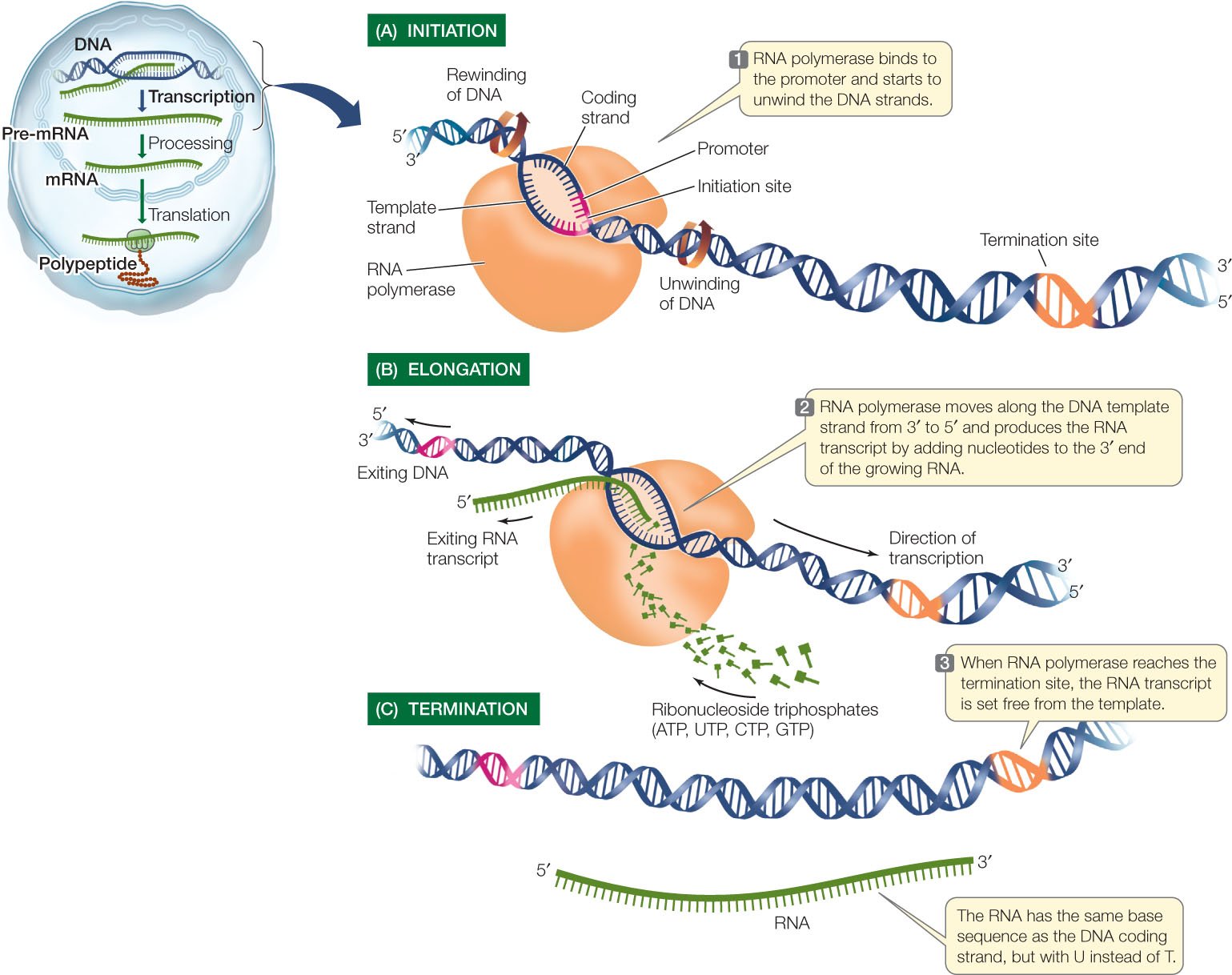
Figure Walkthrough A Summary Of Transcription And Translation
https://microbenotes.com/wp-content/uploads/2018/08/Prokaryotic-Transcription-Steps.jpg
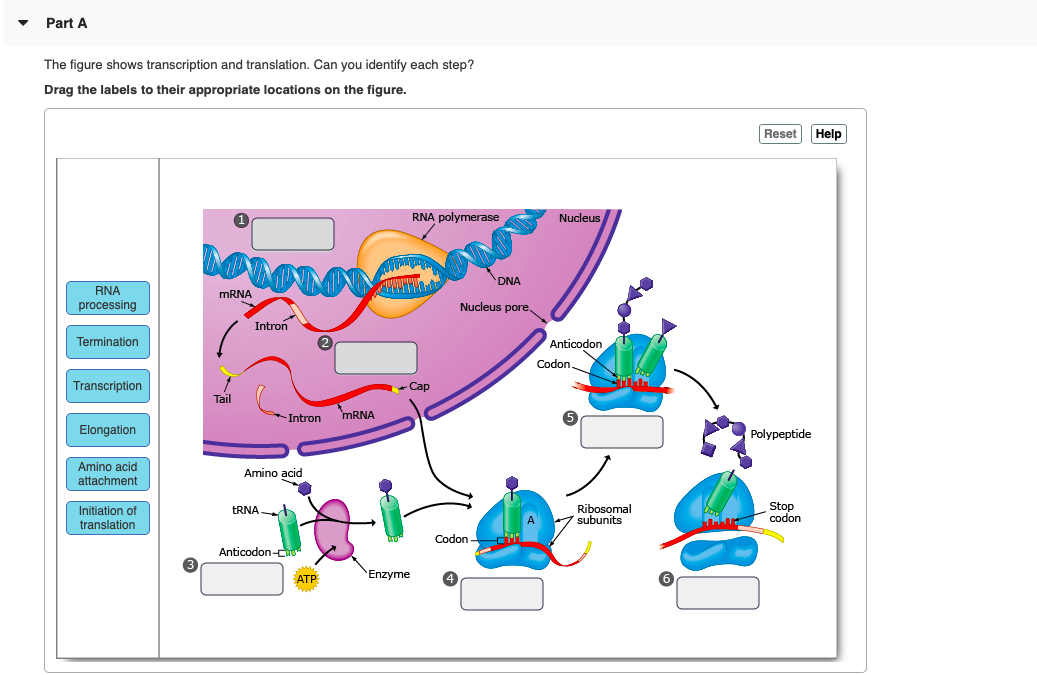
Solved Part A The Figure Shows Transcription And Chegg
https://media.cheggcdn.com/media/ed8/ed8d12b3-e2f1-40ce-a777-33508ccb36be/phpad8bGo.png
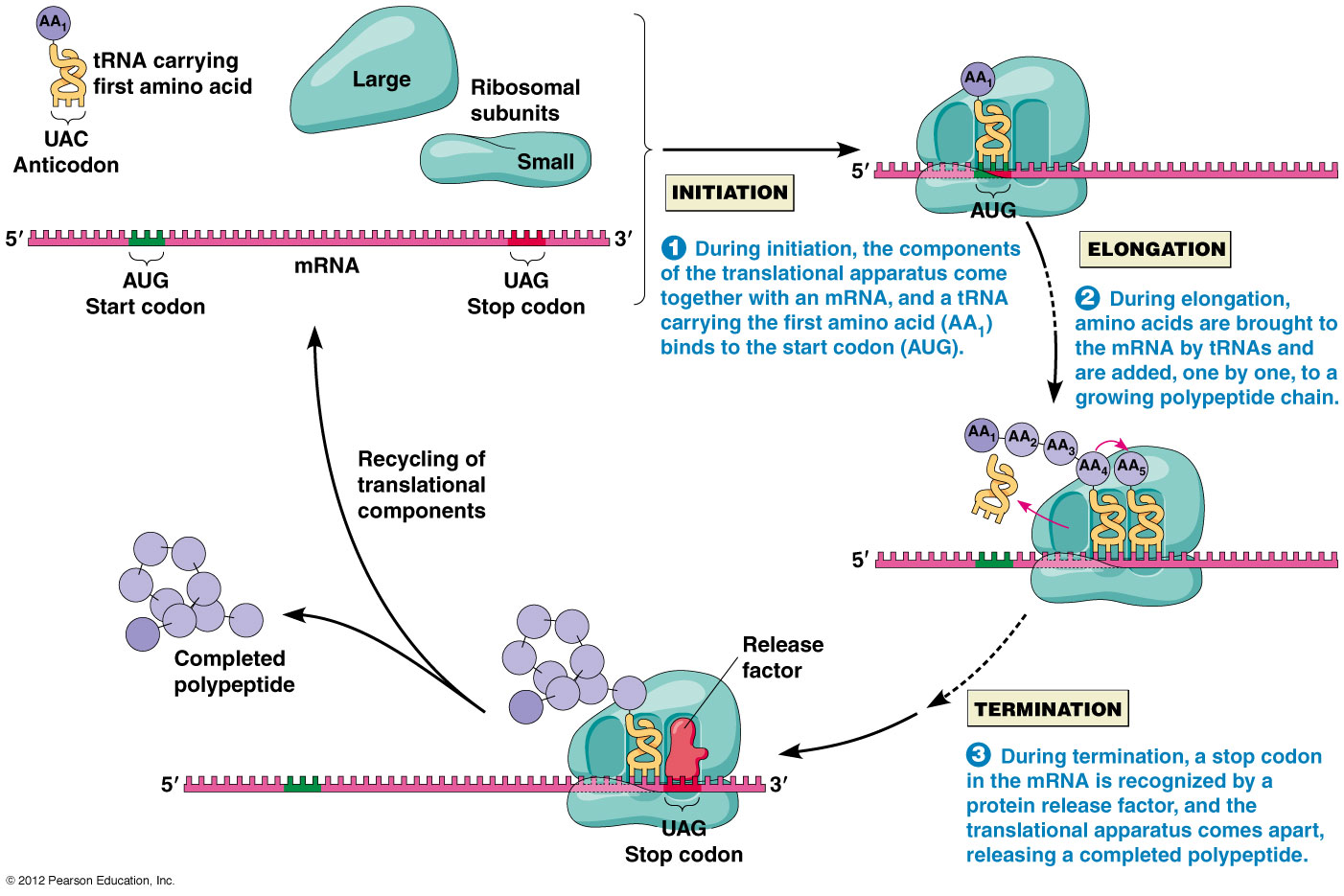
Translation In Protein Synthesis A Level Biology Revision Notes
https://alevelbiology.co.uk/wp-content/uploads/2017/11/Translation.jpg
During transcription a strand of mRNA is made that is complementary to a strand of DNA Figure 1 shows how this occurs Eventually portions of the transcribed mRNA will be made into functional proteins Figure 1 Overview of Transcription Transcription uses the sequence of bases in a strand of DNA to make a complementary strand of mRNA Key points Transcription is the process in which a gene s DNA sequence is copied transcribed to make an RNA molecule RNA polymerase is the main transcription enzyme Transcription begins when RNA polymerase binds to a promoter sequence near the beginning of a gene directly or through helper proteins
AboutTranscript DNA serves as the molecular basis of heredity through replication expression and translation processes Replication creates identical DNA strands while transcription converts DNA into messenger RNA mRNA Translation then decodes mRNA into amino acids forming proteins essential for life functions A book or movie has three basic parts a beginning middle and end Translation has pretty much the same three parts but they have fancier names initiation elongation and termination Initiation beginning in this stage the ribosome gets together with the mRNA and the first tRNA so translation can begin
More picture related to Figure Walkthrough A Summary Of Transcription And Translation

Edsand Blog
https://i.ytimg.com/vi/FOZEMN49vhA/maxresdefault.jpg
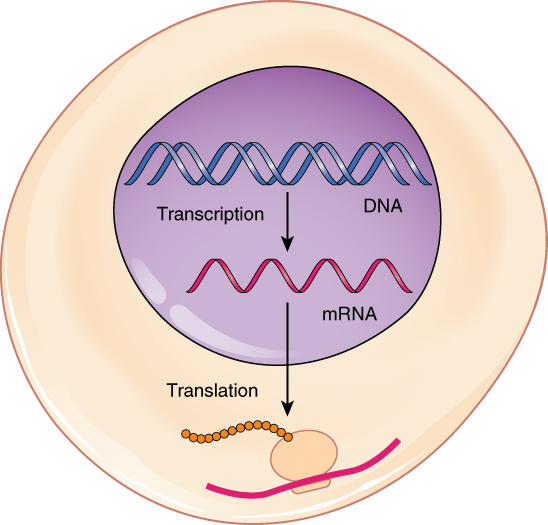
DNA Translation Introduction Steps Daigram
https://ibiologia.com/wp-content/uploads/2019/10/0328_Transcription-translation_Summary.jpg
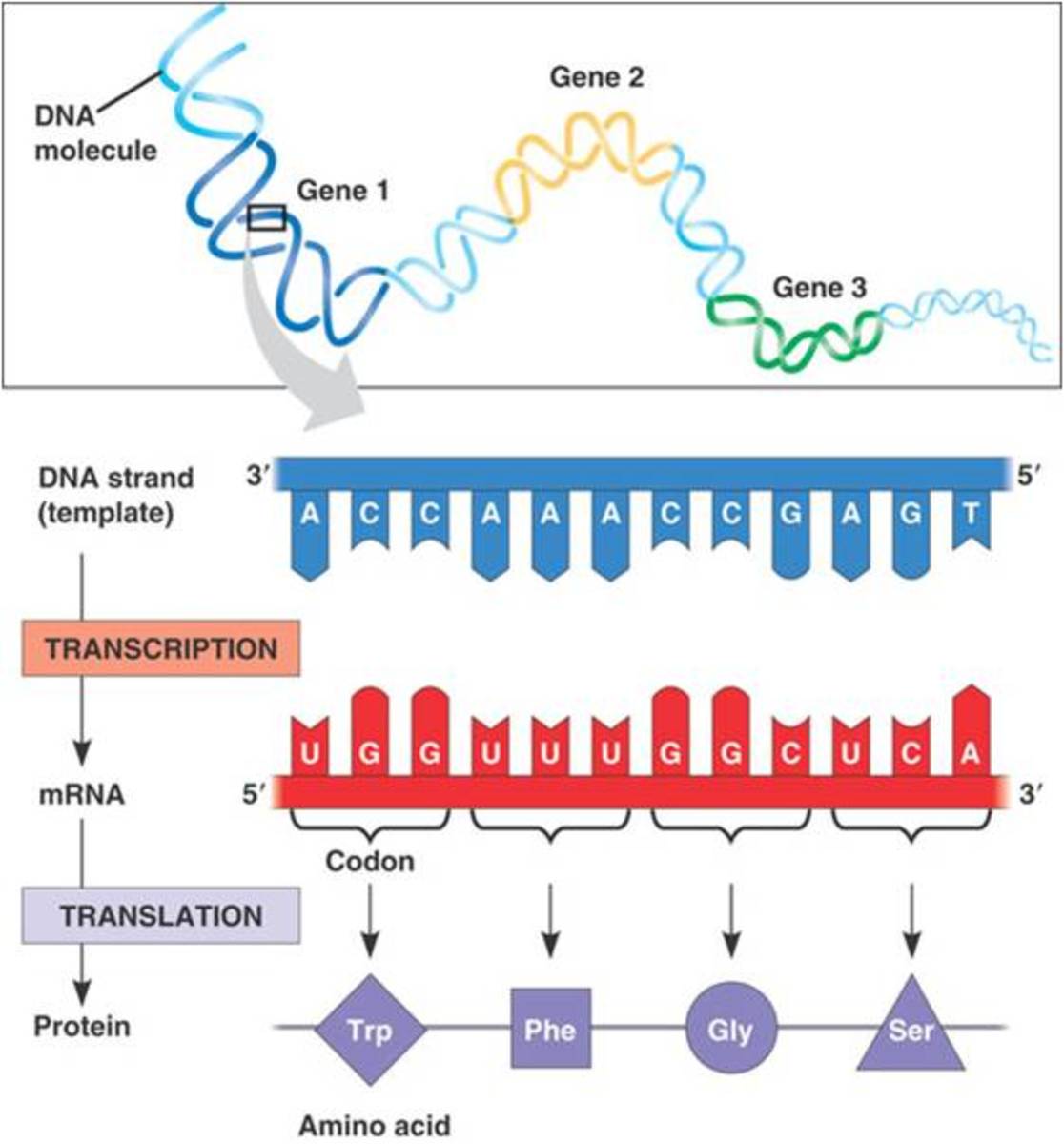
Steps Of Transcription Biochemistry What Is The Difference Between Gene Expression And
https://images.saymedia-content.com/.image/t_share/MTc0MTY5ODg1MDM0MDk2MTI0/protein-production-a-step-by-step-illustrated-guide.jpg
11 Transcription and Translation Describe the flow of information through cells the central dogma and the cell components that participate Describe the structure and potential products of a gene polypeptide rRNA tRNA mRNA and the types of proteins required for transcription RNA polymerases transcription factors etc The correspondence between nucleic acid information and protein information is given by the genetic code which is a set of rules giving the correspondence between mRNA and protein sequence information See Figure 1 Figure 1 The genetic code can be thought of as a dictionary giving the equivalents for words from one language to another
Proteins are made from a sequence of amino acids rather than nucleotides Transcription and translation are the two processes that convert a sequence of nucleotides from DNA into a sequence of amino acids to build the desired protein These two processes are essential for life They are found in all organisms eukaryotic and prokaryotic Review flow of information in cell DNA RNA Protein replication transcription translation I Genetic Code one to one relationship between specific codon specific 3 base sequence and an amino acid II Bacterial Transcription use of DNA as template guide to synthesize complementary RNA

colour Online Schematic Representation Of Transcription translation Download Scientific
https://www.researchgate.net/profile/Shashank-Tiwari/publication/283752825/figure/fig1/AS:459499854143488@1486564710205/colour-online-Schematic-representation-of-transcription-translation-feedback-loop-of_Q640.jpg

Solved Bios 1053 Course Home Assignment 15 Gene Regulation Chegg
https://media.cheggcdn.com/media/b74/b74095b8-ab18-46e6-b9f3-927c1595bfd5/image.png
Figure Walkthrough A Summary Of Transcription And Translation - The 5 to 3 strand of a DNA sequence functions as the coding nontemplate strand for the process of transcription such that the transcribed product will be identical to the coding strand except for the insertion of uracil for thymidine figure 11 1 The transcribed mRNA will serve as the template for protein translation